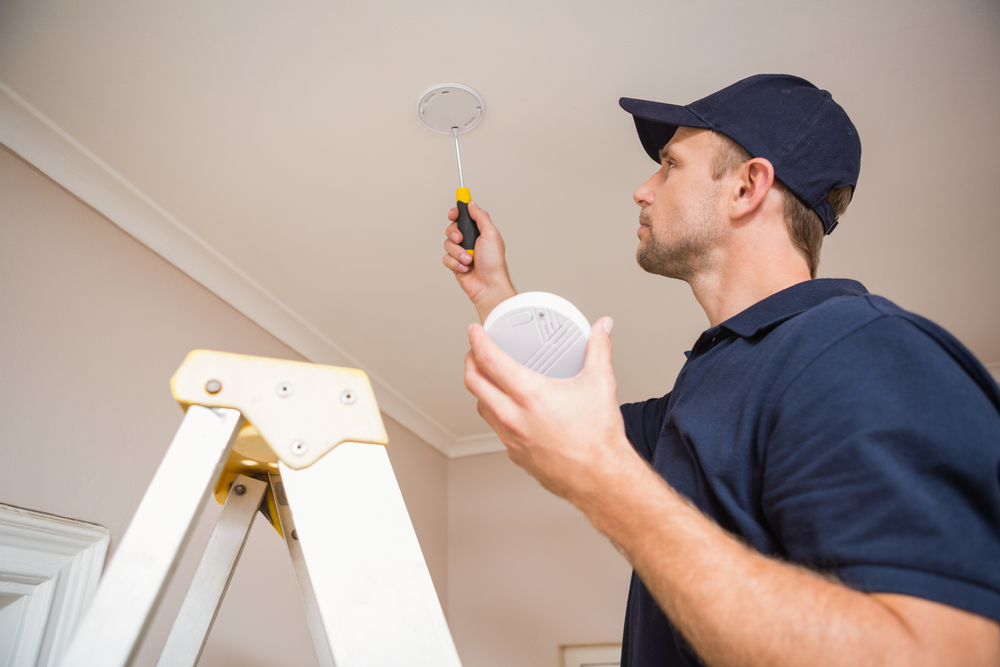Use These Tips to Help Prevent Accidental CO Poisoning

As the mornings in New England get chillier, many families are firing up their gas or oil burning appliances to stay warm. Before temperatures drop even further, Hunter Insurance urges families to take a few precautions this fall to help prevent carbon monoxide exposure.
Carbon monoxide (CO) is an odorless, colorless fume that is produced from a wide range of appliances and activities. These fumes can come from furnaces, cars, stoves, gas ranges, and burning wood/charcoal. More importantly, breathing in these fumes can lead to CO poisoning, which requires immediate medical attention.
Although families may feel at a loss about what they can do, it is important to remember that CO poisoning is preventable. “The cost of general maintenance significantly outweighs the potential consequences that could befall your family,” said Brian Hunter, President of Hunter Insurance. “CO poisoning is completely avoidable in most circumstances if homeowners take a proactive approach.”
To help keep your family and guests safe in the upcoming months, Hunter Insurance encourages you to be conscious about these CO safety tips:
- Have heating systems inspected annually
- Don’t use the gas oven to heat up your home
- Make sure you have CO detectors installed with fresh batteries
- Never leave a car running inside an attached garage
- Ensure that fireplaces and stoves are properly vented
Another way individuals can stay safe is by knowing the signs and symptoms of CO poisoning, Hunter says. Every year, thousands of individuals visit emergency rooms to treat accidental CO poisoning. With that in mind, individuals who feel dizzy, light-headed, or nauseated are encouraged to seek prompt medical attention.
As part of its commitment to help keep families safe year-round, Hunter Insurance urges families to heed these safety precautions. A community partner for 30 years, Hunter Insurance provides auto, home, and business insurance policies to help protect families and businesses from financial losses. For other strategies to help protect what matters most, speak with one of our insurance agents at 401-769-9500.





